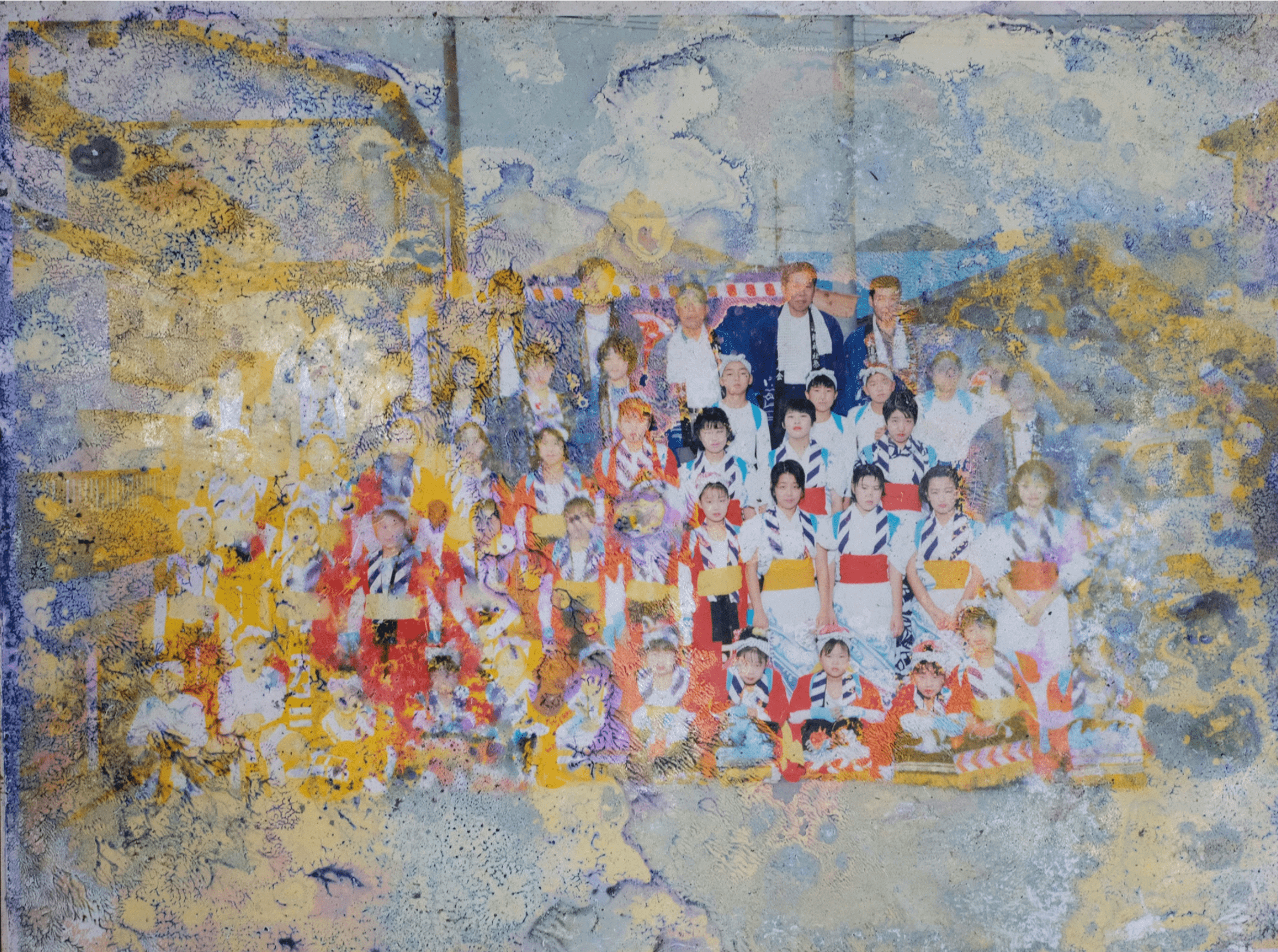In Episode 11 of the podcast, we head to the snow country area of Aizu in Fukushima, to speak with photographer Yuki Iwanami. Yuki’s photography explores the humanity of man-made and natural disasters such as war, trafficking and earthquakes. As such, his portfolio features his work in countries including Nepal, Pakistan, China, India and Cambodia along with his home country of Japan.
Fukushima: Portraits of Life by Photographer Yuki Iwanami
As of March 2011, Yuki was working as a photographer for The Yomiuri Shimbun - one of Japan’s five major newspapers – when the Great East Japan Earthquake struck. Yuki was assigned to travel to Fukushima to photograph the aftermath of the earthquake and consequent tsunami and nuclear meltdowns. That assignment required Yuki to regularly travel to Fukushima and over a period of years, he came to experience an affinity for Fukushima and the broader Tohoku region. Yuki and his family made the decision to relocate to the snow country area of Aizu, from where he continues to focus on aftermath of the triple disaster through multiple projects.
Each project has dealt with a different aspect of the aftermath including ‘Blue Permissions’ which explores the physical and mental boundaries of the exclusion zone around the power plant and its impact on peoples’ lives and relationships; while ‘One Last Hug’ documents people still searching for their missing children. ‘Threads in the Dark’ profiles the role of traditional festivals and performing arts in connecting displaced and affected communities to their land in Fukushima, Miyagi and Iwate; while ‘Karasuzaki’, documents the ‘Soma Nomaoi’ horse-riding festival of the Soso District in Fukushima Prefecture - an area devastated by the tsunami and impact of the nearby power plant - in which the festival celebrates the heritage of the area and plays a significant role in maintaining the community.
As Yuki states during the interview, people are the product of their hometowns, their land and the ongoing displacement of many people in Fukushima is much like the refugees he has photographed abroad. His work portrays both the landscape – broken, ravaged, divided and empty – and the people within it. People and communities that are also ravaged and divided but not broken. The strong sentiment is, at least through my eyes, that the landscape and communities are forever changed, but life goes on.
Through this podcast I intend to profile talented artists and artisans based in the snow country, and in that regard, I want to profile Yuki in his own right. In another sense, this episode is also a follow-up to Episode 07 ‘Life After the Quake: Guiding, Cycling & the Essence of Japan’. In that episode I spoke with Kevin Kato, a guide and writer based in Matsumoto, Nagano. Kevin was living in Fukushima when the Great East Japan Earthquake struck. Those events led Kevin and his family to leave Fukushima, an experience he wrote a book and was good enough to discuss during our interview.
During our chat, Kevin reflect on how his experiences after the earthquake had revealed what might be described as the essence of Japan or ‘Japaneseness’. Continuing on from that, the ongoing situation in Fukushima – and it should be said, other areas of Japan – as documented by Yuki’s photography, perhaps reveals the essence of being human and the fundamental role that connection to a home, community and tradition plays in that for all of us.
I’d like to say a very big thank you to Yuki for making time to speak with me and providing the images used on this page. All images are the property of Yuki Iwanami and cannot be used without his permission. I’d also like to apologise for the quality of the audio during our interview. We experienced a couple of technical issues on the day which affected his audio. Another thank you to Yuki for bearing with me as we worked through / wrestled with a different apps. Eventually we got things working and after a good edit, I am very happy to share his story with you.
Make sure to visit his website or Instagram to view his beautiful and ongoing portfolio of work. I hope you enjoy.











